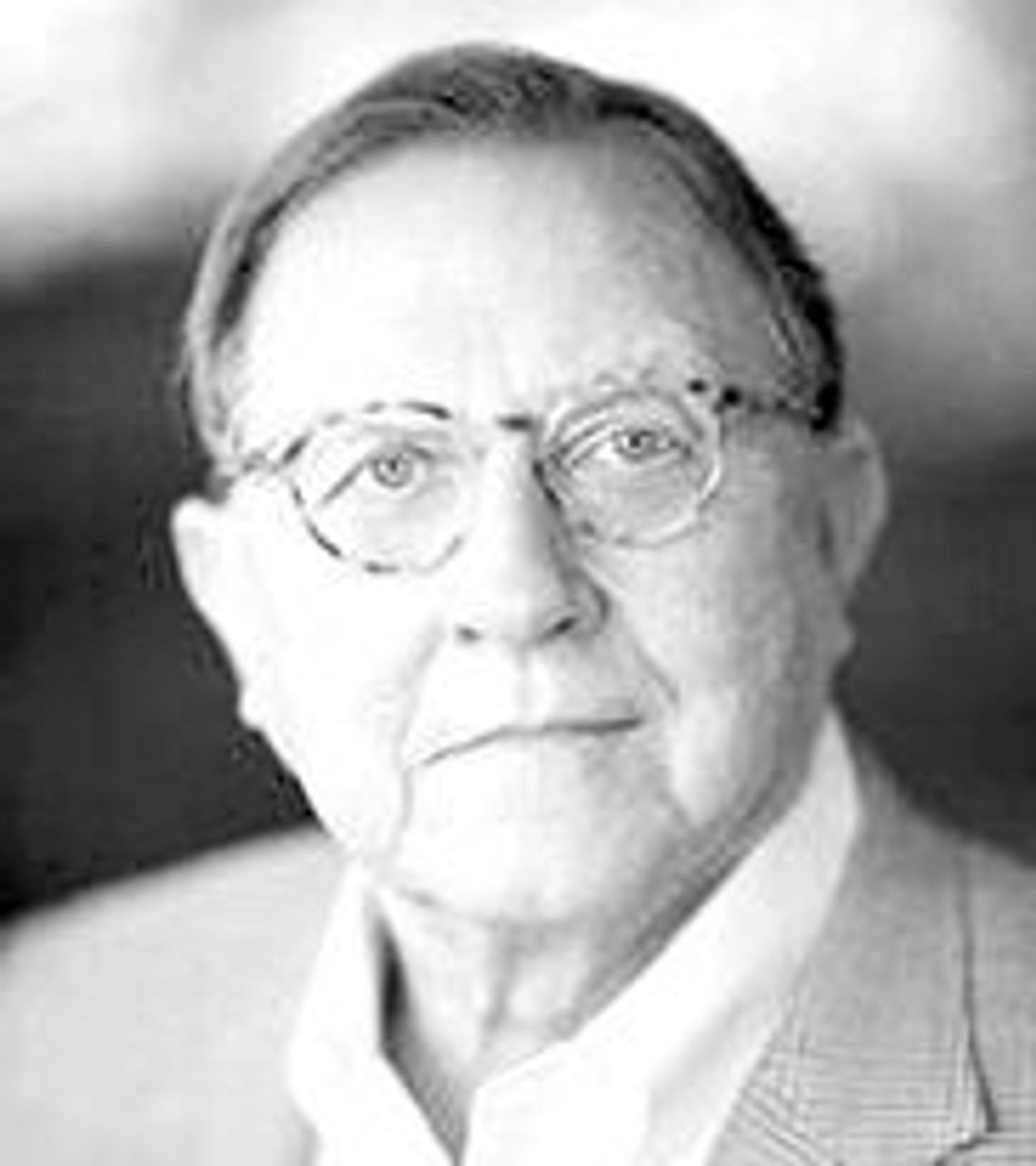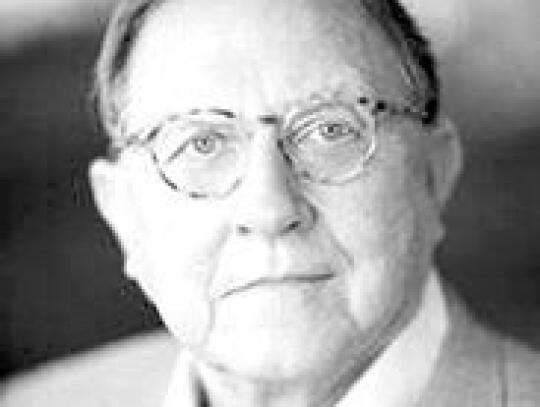This February marks the 80th anniversary of Nazi Germany’s catastrophic defeat on the Eastern Front, deep in the interior of Mother Russia at the City of Stalingrad (now Volgograd). Most historians consider the Battle of Stalingrad the turning point of World War II in Europe. From all vantage points, the brutal battle on the Volga River, lasting from August 1942 to February 1943, was one of 20th century’s momentous events. It is worth reading about.
In the West and outside of military circles, the battle in Russia receives little notice, a fact that reportedly infuriates President Vladimir Putin. Otherwise, America’s World War II victories attract unwavering attention, as well they should.
The Battle of Stalingrad, however, is another matter altogether. In man’s long catalogue of warfare and bloodshed, it has few, if any, comparisons, when measured in the scale of conflict, in its ferocity, its levels of violence and brutality and in the loss of life and destruction of property. All reigned on the battleground in monstrous proportions.
For example, the German Sixth Army, cream of the Reich’s fighting units, sustained a quarter million casualties. They fell victims of the Red Army, starvation, typhus, exhaustion and from freezing to death in the coldest Russian winter in decades.
There is more. The higher estimates of combined casualties: military and civilian, German, Russian, Hungarian and Italian number nearly two million.
Many perished, as a Nazi general described it, “at the lowest and cruelest level of the human condition.” By comparison, in all of World War II the U.S. suffered a total of 416,000 killed in action.
For many Germans the Stalingrad nightmare remains real. How, they ask, could such a calamity have befallen the home of the Prussian General Staff and the tabernacle of warfare and military genius? And, among the most warlike people in Europe? Also, coming as it did after the Wehrmacht’s blitzkriegs that by 1940 had conquered Poland, France and much of Western Europe?
Here, briefly, is what happened. In June 1941, Nazi Germany and her Axis friends invaded Soviet Russia. By the summer of 1942, the invaders had conquered more than 500,000 square miles of enemy territory.
Adolf Hitler then ordered resumption of the offensive in the south of the Eastern Front. By mid-August, the offensive’s spearheads neared the City of Stalingrad. The Fuhrer ordered the Sixth Army to capture it whatever the cost.
The city in wartime was a prize worth taking. It stretched 30 miles along the Volga’s west bank. Third largest in Russia, its population totaled 500,000. It produced tractors and over one third of the Red Army’s tanks. In addition it was a major shipping port on the mile-wide river.
German General Friedrich Paulus brought up the Sixth Army. Tenacious Russian rear-guard units took up defensive positions in the city, and the battle was joined.
The Luftwaffe bombed Stalingrad, reducing it to mountains of rubble and killing an estimated 45,000 civilians.
Slowly, and at terrible costs on both sides, the fighting raged factory by factory, building by building, city block by city block, in a merciless hellfire death struggle.
The Germans succeeded in seizing 90 percent of the City, but never all of it.
A German officer of 24th Panzer Division, in an October letter home described the ordeal: “Stalingrad is no longer a town…by day it is an enormous cloud of burning, blinding smoke. It is a vast furnace lit by the reflection of the flames and when night falls, one of those searing, howling, bleeding nights, dogs plunge in the Volga and swim desperately to gain the other bank…only men endure this hell. My God, why have you forsaken us?”
Outside the field of fire, German supply lines stretched almost 1,300 miles to the rear. Russian partisans constantly attacked and disrupted them. The German position grew more precarious by the day. The Sixth Army bogged down with its soldiers increasingly exhausted. As one Nazi general later observed: “Even the untutored could see we were dangerously over extended.”
Russian Generals Zhukov and Vasilevsky saw their chance. On November 19, 1942, they launched a two-pronged counter attack against the German flanks. Within the week, the Sixth Army was encircled and cut off. Its nearest comrades in arms were 25 miles to the rear. Zhukov bragged, “The Russian Bear caught the German Tiger in a steel trap.”
Russia’s success was attributable to its Reserve Army, hauled into position by rail from secreted posts scattered across the Soviet Union. Josef Stalin himself had assembled the Reserve Army, the existence of which constituted one of the supreme secrets of World War II.
Surrounded and intimidated by overwhelming forces, the Sixth Army’s death throes commenced.
The Russian winter set in, and the Army weakened rapidly from cold, starvation, disease outbreaks and continuing Red Army attacks. Adolf Hitler reaffirmed his belief in the “power of the will” and the value of “standing fast.”
All requests for the Army to fight its way out were summarily dismissed and General Paulus meekly obeyed. Despite heroic efforts of German airmen to supply the Army they, too, failed. By the end of January 1943, German resistance ceased.
On February 2, in the blood-drenched, charred rubble of bombed-out Stalingrad, the surviving remnants of once-mighty Sixth Army, waving white rags, crawled up from the city’s cellars and basement.
They faced hordes of cheering Russians. The Red Army captured 105,000 prisoners (the count varies by ten percent).
All were force marched to captivity in Siberia. Only five thousand survived and eventually returned to Germany in the 1950s.
Upon surrendering, Field Marshal Paulus was transported to Moscow, where as Hitler predicted he broadcast against The Fuhrer and the Nazi Regime.
The German leader was sitting down to lunch when he was handed news of the surrender. In silence he stared at his soup unable to eat.
Only Albert Speer, Hitler’s gifted Minister of Armaments, later summoned the nerve to tell the dictator that Stalingrad sealed Germany’s fate. To his own surprise, his head remained intact.
When Winston Churchill received the news in London, he pronounced: “The hinge of fate has turned.” And so it had.
• Retired attorney Jim Thomas lives in Atlanta. Email jmtlawyerspeak@yahoo. com










